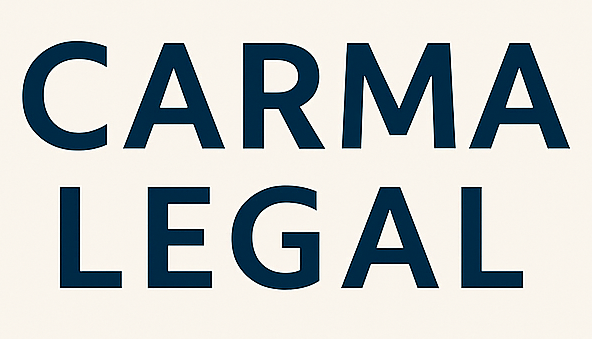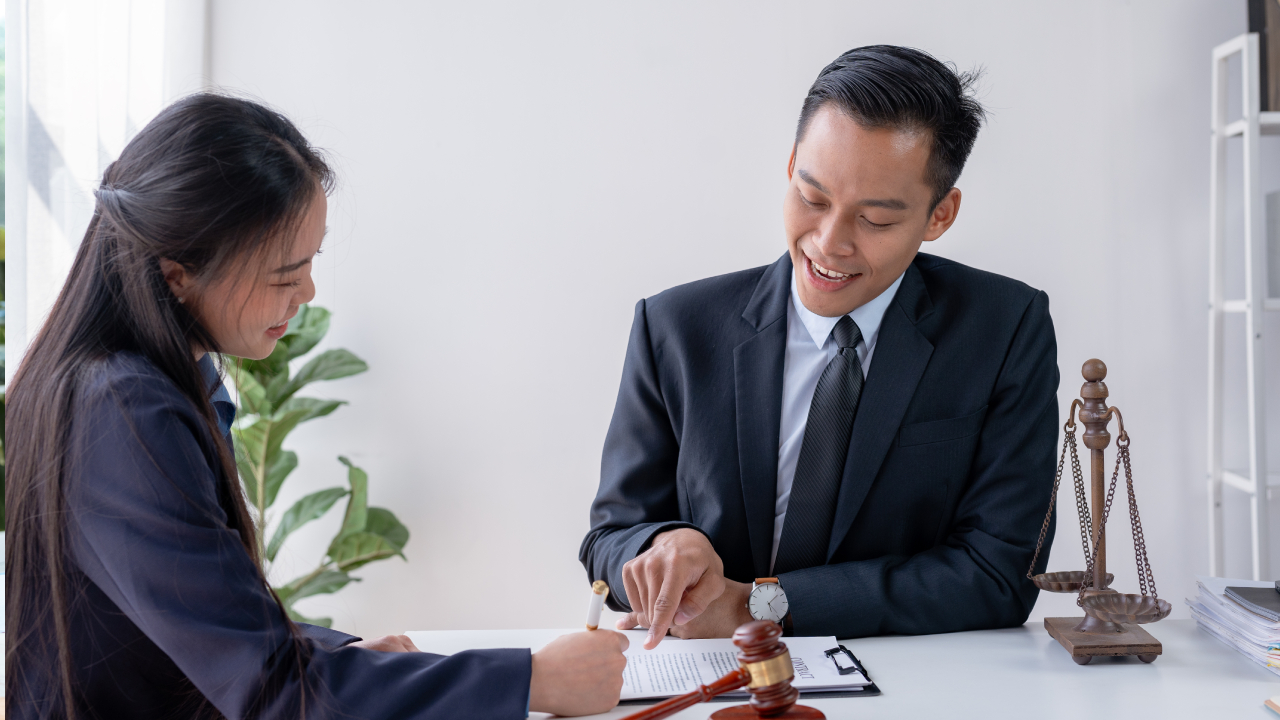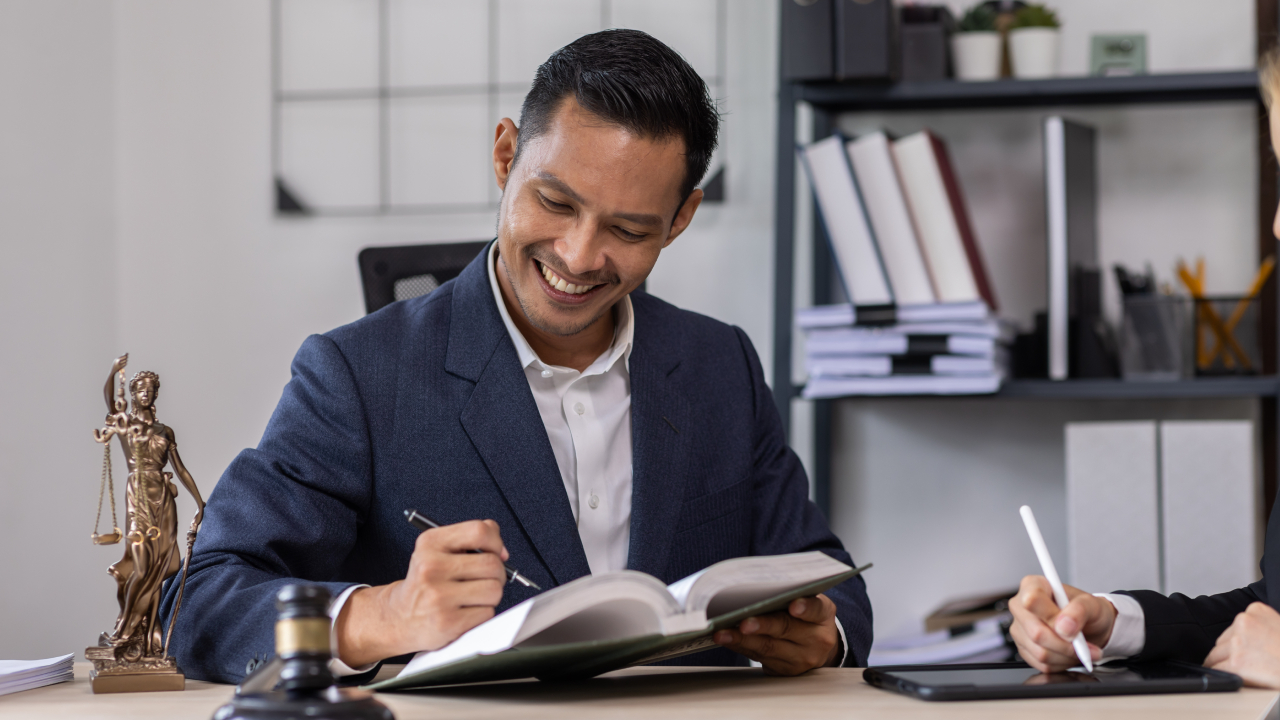You or a loved one may be facing mounting medical bills, lost wages and pain after a serious fall on another person’s property. Hiring an experienced severe fall injury lawyer ensures you have expert guidance on premises liability, strict filing deadlines and tough negotiations with insurers. According to the Centers for Disease Control and Prevention, over 800,000 hospitalizations occur each year due to falls [1]. A qualified attorney can help document your injuries, prove negligence and maximize your compensation.
Understand severe fall injury claims
What qualifies as a severe fall
A fall is typically deemed severe when it leads to broken bones, spinal cord damage, traumatic brain injury or other debilitating conditions. Victims often face lengthy hospital stays, surgeries and rehabilitation. Documenting the severity of your injuries with medical records and expert opinions is essential.
Premises liability and duty of care
Property owners owe visitors a duty of care to maintain safe conditions. If they knew—or should have known—about a hazard and failed to fix or warn you, they may be legally responsible. Determining fault often involves comparative negligence, which can reduce your award based on your share of liability [2].
Common property hazards
Falls can happen anywhere there’s a dangerous condition. Typical scenarios include:
- Wet floors or spills in supermarkets or restaurants, calling for a grocery store slip and fall lawyer or restaurant slip and fall attorney
- Broken or uneven stairs, where a broken stair accident attorney can help
- Cracked or heaved sidewalks, addressed by an uneven sidewalk injury lawyer
- Icy walkways and parking lots, handled by a slip and fall on ice lawyer
- Poor lighting, torn carpeting or cluttered hallways in apartments or hotels [3]
Why you need specialized legal help
Navigating liability issues
Proving negligence in severe fall cases often requires assembling multiple forms of evidence:
- Medical records to tie injuries directly to the incident [2]
- Expert medical testimony to explain the nature and permanence of injuries [2]
- Surveillance or security footage demonstrating the hazard and lack of warning [2]
- Incident reports filed by property managers or staff [4]
- Photographs of the scene and hazard conditions [4]
- Witness statements to corroborate your account [4]
A skilled lawyer coordinates investigators, expert witnesses and medical professionals to build a strong case.
Securing full compensation
Compensation in severe fall claims may include:
- Medical expenses, current and future
- Lost wages and diminished earning capacity
- Pain and suffering, emotional distress
- Costs for long-term care or home modifications
Personal injury attorneys aim to recover every element of your loss [5].
Handling insurance challenges
Insurance companies often downplay claims and challenge evidence. An attorney negotiates on your behalf, pushing back on lowball offers and refusing to settle until you receive fair value.
How to research potential attorneys
Identify qualified specialists
Search for a lawyer whose practice focuses on premises liability and fall injuries. You might start with a premises liability lawyer, slip trip and fall lawyer or personal injury attorney slip and fall.
Check credentials and track record
Look for:
- State bar admission in personal injury law
- Years of experience handling serious fall cases
- Board certifications or specialty designations
- Published verdicts and settlements
Read client reviews and testimonials
Websites like Avvo or Google Reviews can highlight past clients’ experiences. Note comments about communication, trial readiness and settlement outcomes.
Questions to ask during consultations
Case experience and success rate
- How many severe fall injury cases have you handled?
- What outcomes have you secured in similar scenarios?
Approach to evidence collection
- What investigators or experts will you engage?
- How quickly can you obtain surveillance footage or medical records?
Fee structure and costs
- Do you work on contingency?
- What percentage do you charge if you win?
- Are there any upfront or out-of-pocket expenses?
Comparing fee arrangements
Contingency fee basics
Most severe fall lawyers work on a contingency fee basis, meaning you pay nothing unless you win. Fees typically range from 25 percent to 40 percent of your recovery [5].
Other expenses to consider
Discuss who covers costs for:
- Expert witnesses
- Court filing fees
- Depositions and travel expenses
Clarify whether these will be deducted from your award or billed separately.
Making your selection
Compare your options
After consultations, compare:
- Experience and case results
- Communication style and responsiveness
- Fee structure and transparency
Trust your instincts
A strong lawyer-client relationship is built on trust. Choose someone who listens to you, explains the process clearly and demonstrates genuine commitment to your recovery.
Next steps after hiring
Gather and organize documentation
Compile:
- Medical records and bills
- Pay stubs or tax returns for wage loss
- Photographs, videos and incident reports
- Contact information for witnesses
Maintain open communication
Stay in touch with your attorney’s team, respond promptly to information requests and keep them updated on your medical progress.
Pursue your claim with confidence
With the right severe fall injury lawyer by your side, you gain the resources and expertise needed to navigate complex premises liability laws and secure the compensation you deserve. When you’re ready to move forward, contact a skilled slip and fall lawyer for a free case review.








